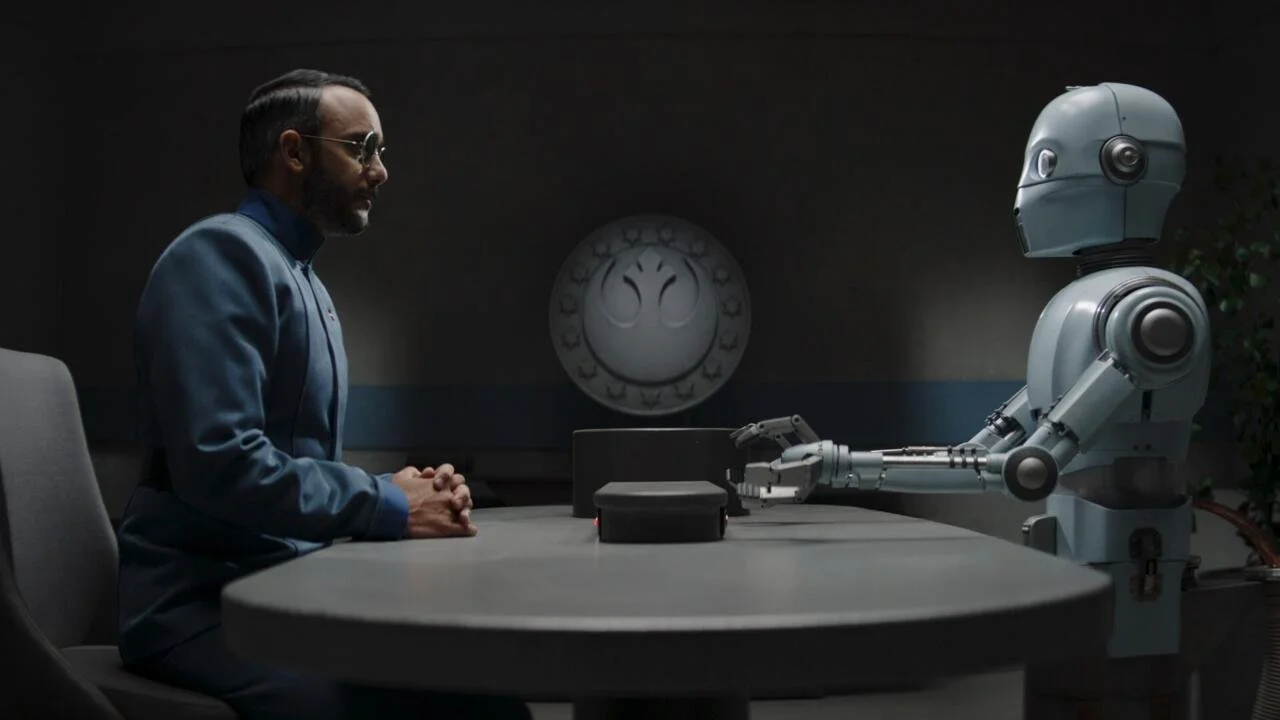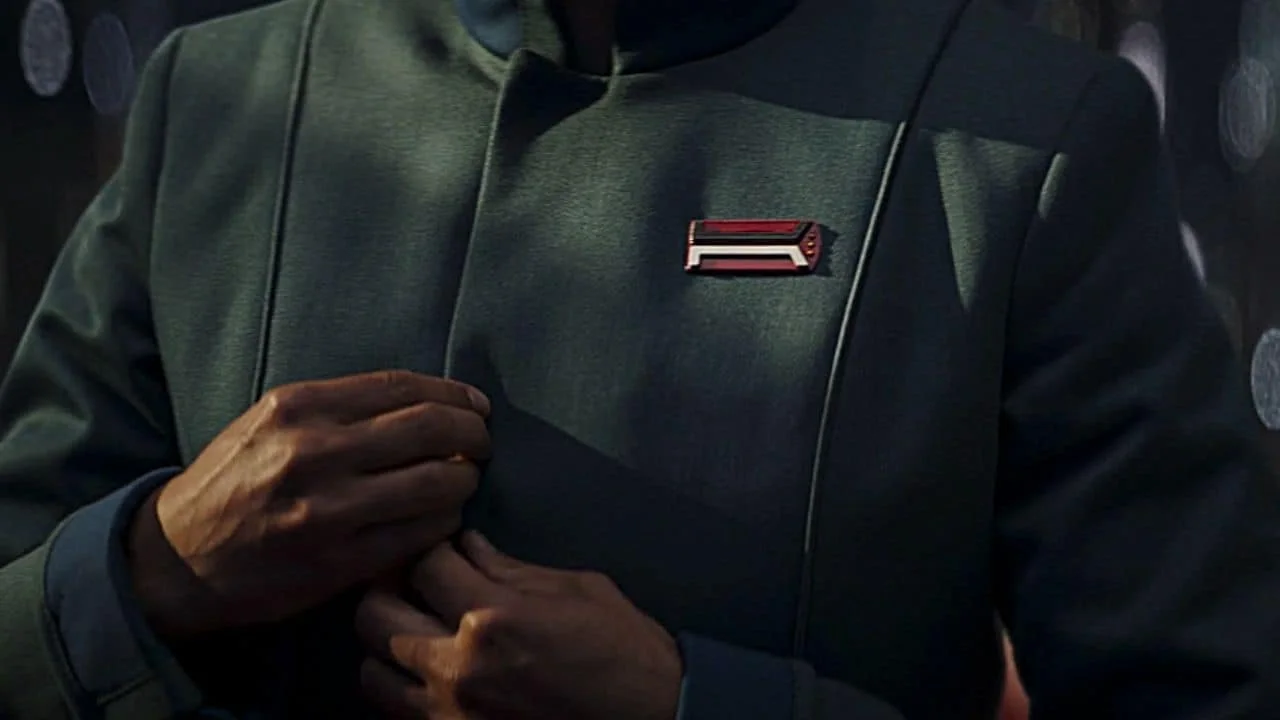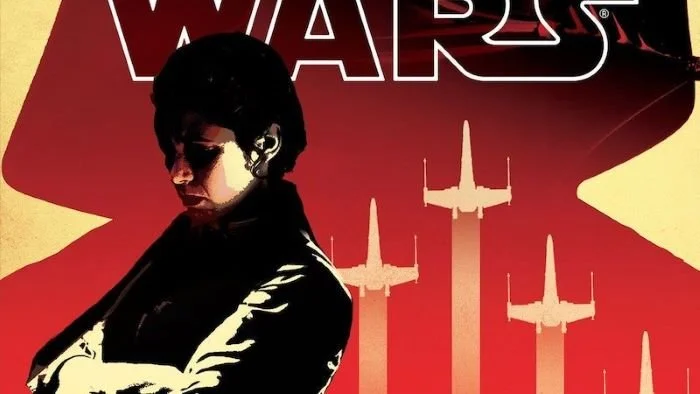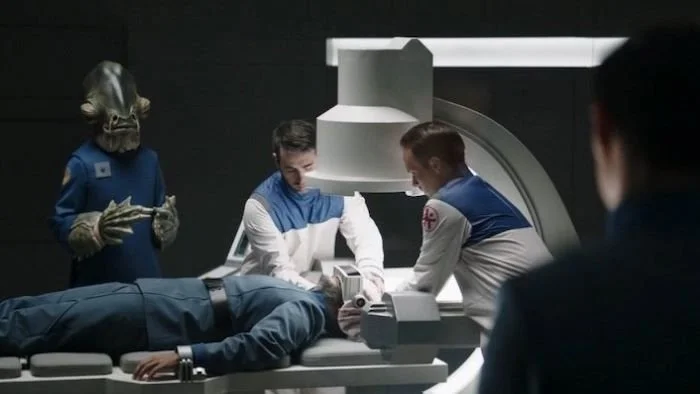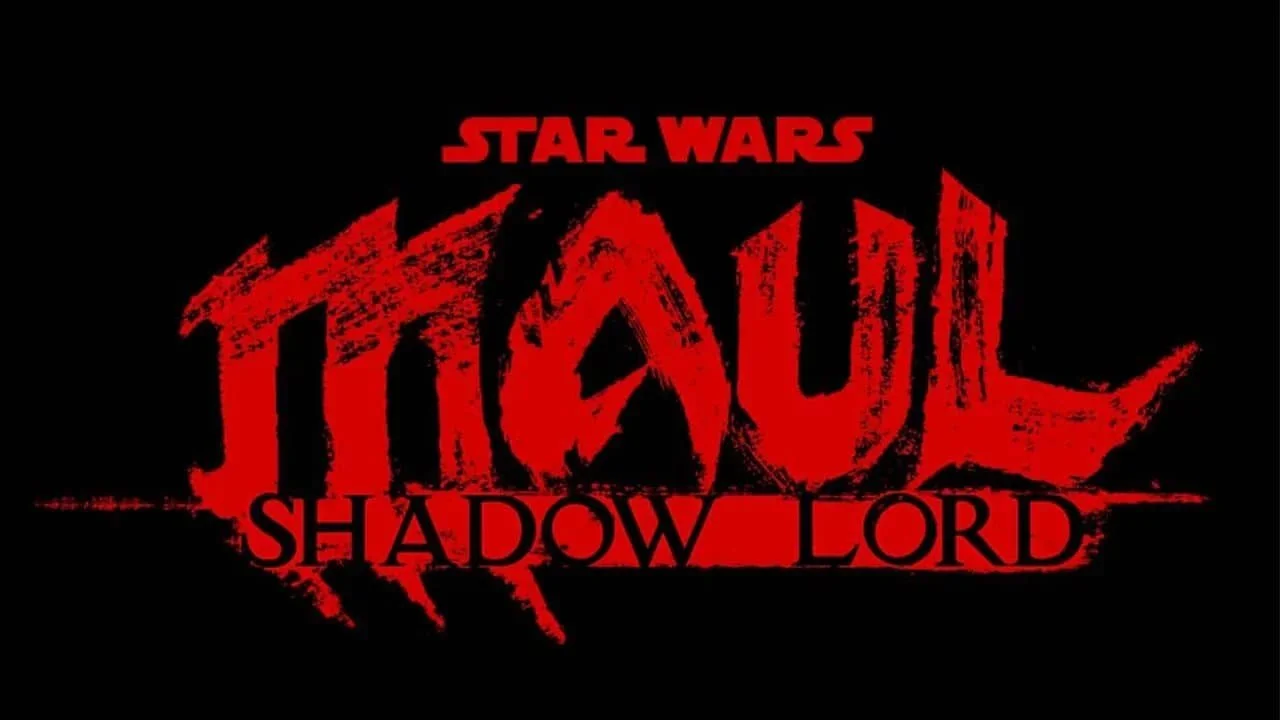The Catch-22 Of The New Republic's Amnesty Program And What It Says About Us
Image Source: Gamespot
There is an organization that promotes civic action among young people called Mikva Challenge whose motto is “Democracy is a verb.” They’re right, too. Democracy takes work. Fascism is easy. Democracy is uncomfortable. It takes work to keep the forces of evil and hatred at bay. Fascism seeps into a democracy where its populace has grown comfortable with all the conveniences. Any disruption or challenge to the status quo of comfort, like pushes to end poverty or racial injustice, is branded as a threat that fascists latch on to propel their proponents into positions of power.
Fascism can not survive forever, though. It is a self-consuming monster that constantly refocuses the fear narrative onto another group until those that once supported it are the new target. When fascist regimes fall, rebuilding takes place. However, a difficult question remains that weighs on the shoulders of the new forms of democracy that follow it: what do you do with the supporters of the previous regime?
RELATED:
This is a question that Star Wars has been looking at closer and closer with the expansion of the universe since the sequel trilogy. Books and comics, and now television shows, are asking the hard question. The books Bloodlines and Alphabet Squadron raise this question, and most recently, so did The Mandalorian. The situation of the New Republic taking over after the fall of the Empire presents it with this question, and the answer is a catch-22. Do they extend amnesty to all former Imperial officers and soldiers, or do they approach it from a zero-tolerance angle?
Image Source: StarWars.com
Some context is needed before we address those questions. There is a paradox that exists among democratic societies that promote free speech and tolerance. The paradox of tolerance, as it is called, essentially points out that if a society is to be absolutely tolerant, then it should tolerate the intolerant. It should permit those with hate and hateful speech and ideations to express themselves. Should they act on them, then they face the consequences. The peril of this paradox comes from the tendency for people to believe a lie if it is repeated often enough due to our propensity to accept stereotypes as truth because they are easier to understand. So if a tolerant society is tolerant of the intolerant, it weakens itself from within until the intolerant take control. It sounds weird, but that is why it is a paradox. There must be some degree of intolerance within a tolerant society to prevent it from falling into fascism.
It is common to reduce these complex situations into binary options, but this elementary thinking lacks of understanding of the nuance in any situation. If they go with the first option and extend amnesty to all who repent, another question arises. How do they trust the word of those who rescinded their service to the Empire? This sort of program comes with an inherent sort of suspension of doubt. The mentality central to this hinges on the idea that “we aren’t the Empire, we’re the good guys.” So the New Republic has to operate on the system of trust, taking people at their word, or they risk perpetuating the inherent paranoid distrust of the former fascist system.
Then there is the opposite: zero tolerance for the fascists and those who served them and enabled their abusive regime. Again, we are talking about image. Many suffered under the Empire. They lost loved ones, spent years in prison, and endured slavery. Many of these people want revenge. A new government that takes a forgiving approach to the former fascists risks alienating their most ardent supporters that fought and bled for the new government. It s similar to what happened in Germany between World War I and World War II. Resentment simmered under the surface for years after Germany was made to accept the blame for the first war. Add in the crippling destructive policies of those intervening years, and you have scores of former soldiers with a lot of anger toward the new government. The New Republic finds itself in a similar position. They do not want to alienate their supporters from the Rebellion, but if they take a zero-tolerance approach, they risk becoming the same harsh, fascist government they sought to overthrow.
Image Source: Nerdist
So the New Republic finds itself in a no-win situation. They have all these former Imperials, at least the ones that have not fled into the Unknown Regions or fallen in with warlords. If they want to maintain the image of the paragons of democracy, they have to at least offer them the semblance of forgiveness. Hence the Amnesty Program. It was their solution to the tricky problem they faced with former Imperials. It is clear by the dialogues in The Mandalorian that the New Republic did not extend it to every former Imperial, as there were war tribunals to hold the worst of the Empire to justice, like Moff Gideon. However, not every Imperial was Moff Gideon, and for the reasons above, they had to do something with them.
That is where the catch-22 comes into play. There are a lot of people who are posting articles about how the New Republic “failed.” It is not that easy. Essentially, they are damned if they do and damned if they don’t. But when you are in that situation, especially when you are tasked with governing the fates of trillions, you cannot just give up because you won’t please everyone. You still try, and try they did.
The paradox of tolerance being examined by Star Wars serves as a warning, just as history does. We must accept that a tolerant society inherently comes with some degree of intolerance for intolerance. Without that scrutiny, blind adherence to a tolerant principle under the guise of free speech and expression only allows the corrosive nature of fascism to seep into the cracks that are inherent in any human-made system of governance. It is a path the United States is perilously heading down, and risks going the route of the New Republic.
Remember, you don’t know what you got until it’s gone.
READ NEXT:
Source(s): Wookieepedia, Wikipedia

